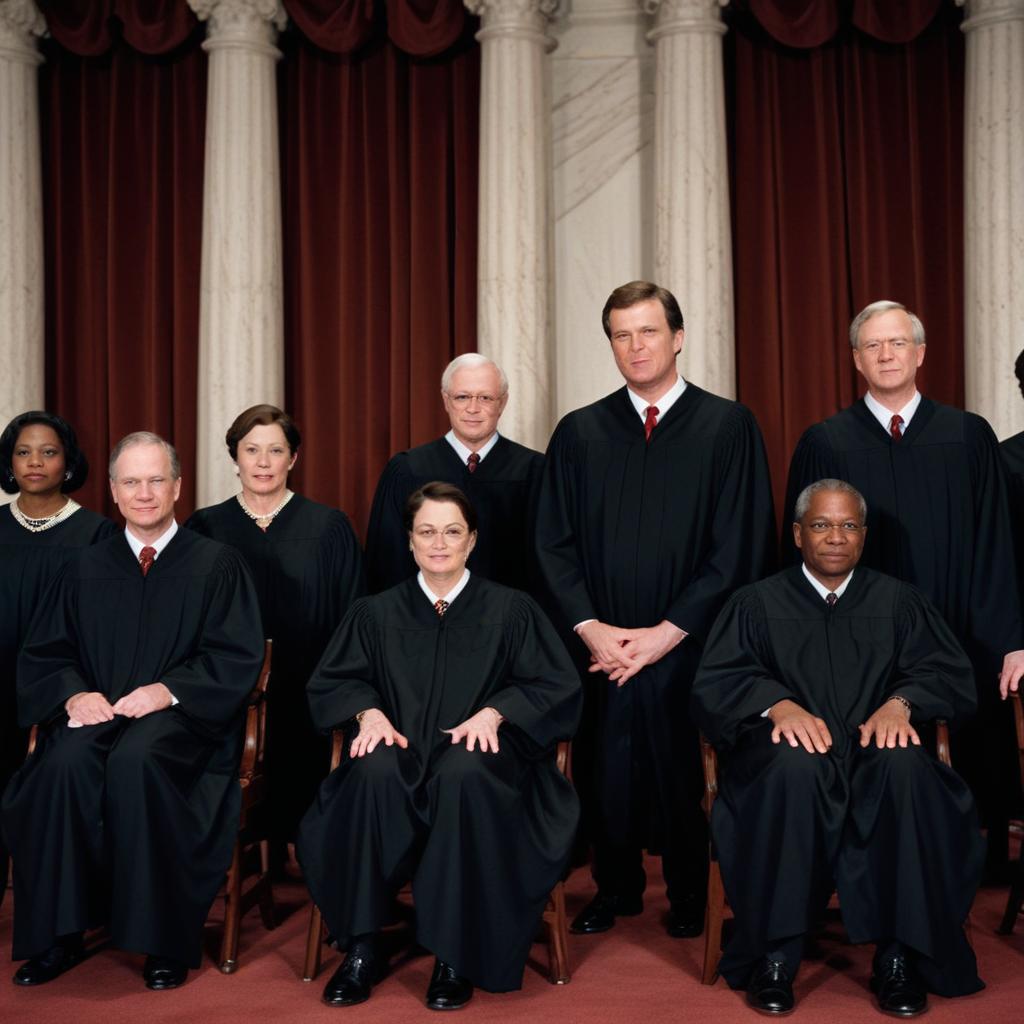The Supreme Court's conservative majority appears ready to significantly weaken Section 2 of the Voting Rights Act, potentially striking down a Black-majority district in Louisiana. This move could fundamentally alter the landmark civil rights law, boosting Republican electoral prospects by allowing states to redraw maps that dilute minority voting power and lead to extreme gerrymandering.
During recent arguments, the Supreme Court's six conservative justices indicated a strong inclination to effectively strike down a Black-majority congressional district in Louisiana, signaling a potential 'gutting' of Section 2 of the Voting Rights Act. This would mark a fundamental change to the 1965 law, which has been crucial in combating racial discrimination and ensuring ballot access for Black Americans. A ruling in Louisiana's favor could empower Republican-controlled state legislatures, particularly in the South, to redraw congressional maps, eliminating majority Black and Latino districts that typically favor Democrats. This outcome is expected to significantly enhance Republican electoral prospects. While the court previously affirmed a Section 2 violation in Alabama two years prior with support from Chief Justice Roberts and Justice Kavanaugh, both justices adopted a different tone in the Louisiana case. Roberts suggested the Alabama decision was fact-specific, while Kavanaugh questioned the perpetual need for race-based districts. Liberal justices, conversely, emphasized the historical role of the VRA in combating discrimination, noting that redistricting remedies only occur after a proven legal violation. This potential weakening of Section 2 follows previous Supreme Court decisions that ended affirmative action and bludgeoned another pillar of the VRA (preclearance), as well as allowing partisan gerrymandering. If Section 2 is weakened or struck down, states would face no federal limits on how they draw electoral districts, likely leading to widespread extreme gerrymandering by the party in power.



